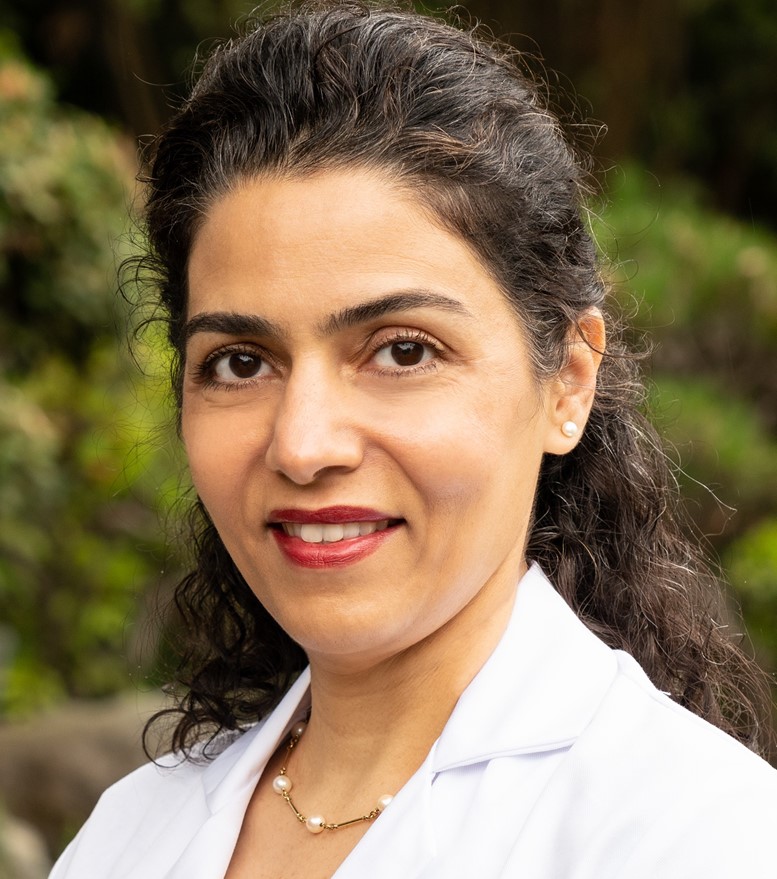Our webinar featured on Precision Oncology News on September 22, 2022 is now available on demand.
The minimal residual disease, or MRD, testing landscape shows tremendous potential for improving treatment management and patient care. In this webinar, Afsaneh Barzi and Jeanne Tie discuss the clinical utility of MRD testing for treatment management in patients with stage II colon cancer. Topics include the current standard of practice and guidelines for the disease, as well as existing evidence for detecting residual and recurrent disease by ctDNA analysis and how testing can be leveraged in a clinical setting. Real-world case studies are presented in addition to perspectives on what the future may hold for MRD testing.
About the speakers

Associate Professor of Medical Oncology
City of Hope Comprehensive Cancer Center
Afsaneh Barzi is an associate professor of medical oncology at City of Hope Comprehensive Cancer Center and specializes in caring for patients with gastrointestinal malignancies. Barzi participated and led several trials and contributed to biomarker analysis aiming at improving the personalized care for each and every patient with GI malignancies. Barzi is actively involved in cancer care delivery research and quality measure development to address cancer management at the population level. In her current role as the vice president of value and quality at AccessHope, she oversees the delivery of optimized care to a large population of patients across the United States.

Lower Gastrointestinal Medical Oncology and Trials Lead, Peter MacCallum Cancer Centre
Senior Research Fellow, Walter and Eliza Hall Institute
Jeanne Tie is the lower gastrointestinal medical oncology and trials lead at the Peter MacCallum Cancer Centre, and senior research fellow at the Walter and Eliza Hall Institute in Melbourne, Australia. Her translational research focuses on personalizing treatment for patients with colorectal cancer with prognostic and predictive biomarkers, in particular, the clinical applications of circulating tumor DNA (ctDNA). She leads several ctDNA-based randomized clinical trials in colorectal cancer which aim to assess the clinical utility of ctDNA as a minimal residual disease marker to guide adjuvant treatment decisions. She has published extensively in the field of colorectal cancer and serves or has served on the Australasian Gastrointestinal Trials Group (AGITG) Scientific Advisory Committee and Lower GI working party as deputy chair, the Cancer Adjudication Committee for the ASPREE (Aspirin in Reducing Events in the Elderly) International study, the ESMO (European Society for Medical Oncology) Gastro-Intestinal Tumours Faculty, and ESMO Asia Congress Gastrointestinal Track as co-chair.


